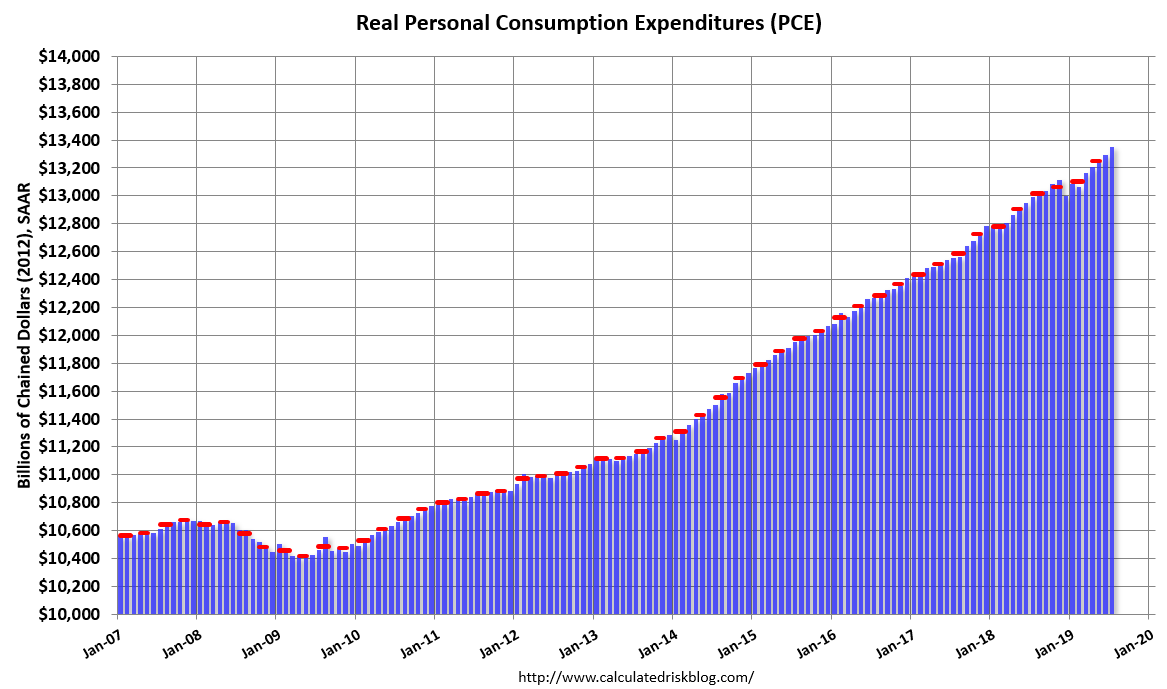Monday, September 9, 2019
Please note that in order to view the content for the
Bankruptcy Headlines
please
log in
if you are already an ABI member, or otherwise you may
Become an ABI Member
Wednesday, September 4, 2019
Please note that in order to view the content for the
Bankruptcy Headlines
please
log in
if you are already an ABI member, or otherwise you may
Become an ABI Member
Legislation
- H.R.____, “ the Consumers First Act” [DRAFT]
Witness List
Panel I
- The Honorable Kathy Kraninger, Director, Consumer Financial Protection Bureau
Panel II
- Mr. Hilary Shelton, Director & Senior Vice President for Advocacy and Policy, National Association for the Advancement of Colored People
- Ms. Linda Jun, Senior Policy Counsel, Americans for Financial Reform
- Ms. Jennifer Davis, Government Relations Deputy Director, National Military Family Association
- Mr. Seth Frotman, Executive Director, Student Borrower Protection Center
- Mr. Scott Weltman, Managing Shareholder, Weltman, Weinberg & Reis Co., L.P.A.
Witness List
- Joe Sanders, Student Loan Ombudsman and Supervising Attorney, Consumer Fraud Bureau, Illinois Attorney General's Office
- Nicholas Smyth, Assistant Director for Consumer Financial Protection, Senior Deputy Attorney General, Pennsylvania Office of Attorney General
- Arwen Thoman, Director, Student Loan Assistance Unit, and Investigations Supervisor, Massachusetts Attorney General's Office
- Joanna Darcus, Massachusetts Legal Assistance Corporation Racial Justice Fellow, National Consumer Law Center
- Scott Buchanan, Executive Director, Student Loan Servicing Alliance
Sen. Richard Durbin (D-Ill.)
Rep. Nydia M. Velázquez (D-N.Y.)
Rep. Ben Cline (R.-Va.)
Rep. Antonio Delgado (D-N.Y.)
Panel Two:
Ms. Hollister K. Petraeus
Former Assistant Director, Consumer Financial Protection Bureau's Office of Servicemember Affairs
Mr. Robert Keach on behalf of The American Bankruptcy Institute
Mr. Ed Boltz Esq. on behalf of The National Association of Consumer Bankruptcy Attorneys
Mr. John Rao on behalf of The National Consumer Law Center
Ms. Dalié Jiménez
Professor, University of California Irvine School of Law
The Honorable Thomas Small on behalf of The National Bankruptcy Conference
Tuesday, September 3, 2019
Please note that in order to view the content for the
Bankruptcy Headlines
please
log in
if you are already an ABI member, or otherwise you may
Become an ABI Member
Friday, August 30, 2019
Please note that in order to view the content for the
Bankruptcy Headlines
please
log in
if you are already an ABI member, or otherwise you may
Become an ABI Member
Thursday, August 29, 2019
Please note that in order to view the content for the
Bankruptcy Headlines
please
log in
if you are already an ABI member, or otherwise you may
Become an ABI Member


